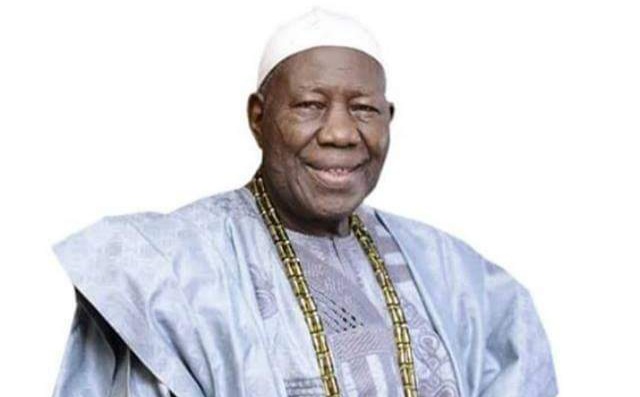
Executive Governor of Oyo State, Engr. Seyi Makinde is currently meeting with Olubadan-in-Council at Agodi Government House, the News Carrier NG reports.
The Olubadan stool became vacant following the death of the immediate past Olubadan, Saliu Akanmu Adetunji, Aje Ogunguniso 1 on January 2, 2020, at the age of 93.
The four-year old crisis rocking the Ibadan Obaship institution has been laid to rest as the members of Olubadan-in-Council promoted to royal majesties from their High Chiefs status agreed to drop the Obaship titles.
This decision was taken at the meeting held at the Oja’ba Palace of the Olubadan of Ibadanland in the hinterland of the Oyo State capital by the members of the Olubadan-in-Council which also had in attendance the coronet-wearing Obas who were Baales in the Ibadan suburbs before their elevation and some Mogajis.
Osi-Balogun, High Chief Tajudeen Ajibola, who briefed journalists on the outcome of the meeting said they supported the governor on his decision to revert to the original concept stressing that the original concept remains constant always.
He recalled that the process of nominating the next Olubadan which the Kingmakers concluded on Tuesday and passed to the appropriate quarters of government was done according to the original concept under reference as all the kingmakers signed their respective titles as high chiefs.
We agreed with the governor. All the processes leading to the nomination of successor to the late Olubadan were in line with the original concept of line of hierarchy in accordance with the Olubadan chieftaincy declaration”.
Ajibola, who is one of the kingmakers and a lawyer by profession while commenting on the case in court said, “is sub-judicial” noting that ”it has nothing to do with the original concept of hierarchical status in the succession plan to the Olubadan throne”.
He maintained that what was taken to court was an infringement on the fundamental human rights of the respective plaintiffs, asking the court to determine the lawfulness of judging a case in the absence of the direct beneficiaries of the issue in contest.









